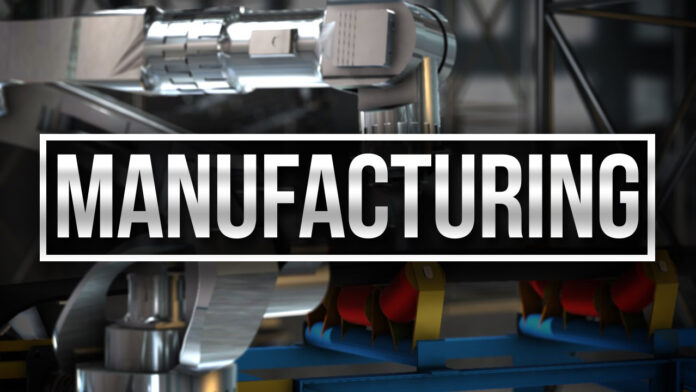By Bob Sechler Austin American-Statesman
Texas factory output is slowing amid a rise in coronavirus cases this fall that’s taking a toll on the state’s economy.
A key barometer of manufacturing activity devised by the Federal Reserve Bank of Dallas reflects expansion in November, but at a pace well below average since the sector began recovering over the summer from a virus-induced free fall.
“The Texas manufacturing recovery lost some steam in November, with production and demand growth decelerating from October,” said Emily Kerr, senior business economist at the Dallas Fed.
The state production index, a broad measure of the sector that the Dallas Fed compiles through anonymous surveys of manufacturing executives, registered 7.2 in November, compared with 25.5 in October and a monthly average of about 18 since June.
Positive readings indicate expansion, while negative readings indicate contraction.
Despite the slowdown, the latest figure reflects conditions for Texas manufacturers that remain significantly improved from March, April and May, when the initial shock of the coronavirus pandemic sent the state and national economy into a tailspin.
In April, the Dallas Fed’s production index slumped to negative 55.6 — the lowest point since compilation of the data began in 2004. The index has been in positive territory since June, however, as infection rates declined during the summer and as coronavirus-related business restrictions began to be loosened.
But coronavirus cases have risen sharply this fall. Hospitalizations have climbed steadily statewide since early October, straining hospital capacity and staffing.
According to the Dallas Fed, the trend is putting a new damper on Texas manufacturers, as well as other businesses across the state.
“A majority of firms (in both the manufacturing and service sectors) are trimming operating expenses and reducing capital expenditures in response to rising COVID-19 cases, and 20% are laying off workers,” Kerr said in a written statement Monday, citing the results of a special question that the Dallas Fed asked in its November survey regarding the impact of the pandemic.
A number of manufacturing executives who participated in the latest anonymous survey, which was conducted Nov. 16-24, said the Nov. 3 presidential election also has blurred their outlooks, because of the likelihood of policy changes enacted by the incoming Biden administration.
“High uncertainty still exists in the marketplace regarding prices paid for goods, continued COVID-19 impact through missed work, increasing lead times and new administration policies, which may not be as friendly to manufacturing, particularly when related to oil and gas,” one executive of an electronics manufacturer said.
An executive of a mineral product manufacturer said new orders dipped during the 10 days prior to the election but already have bounced back.
“We don’t know if (the initial drop) was due to all the uncertainty associated with the election,” the executive said. But “the election continues to add uncertainty.”




